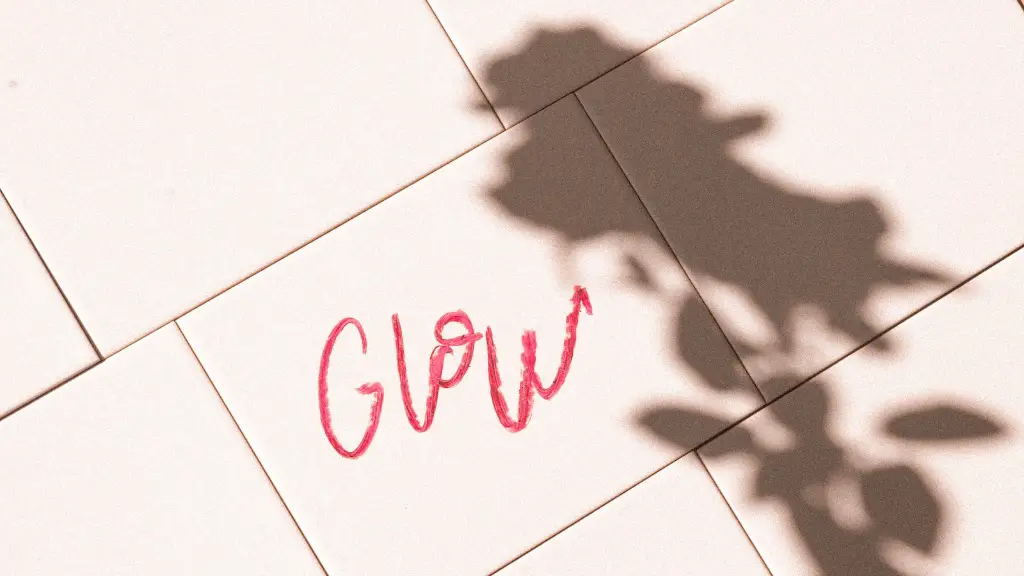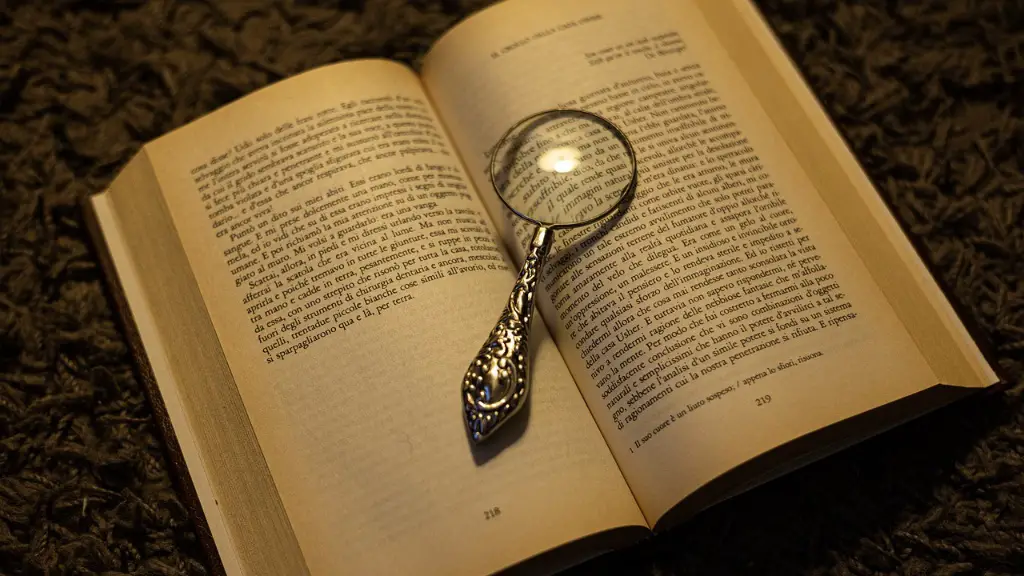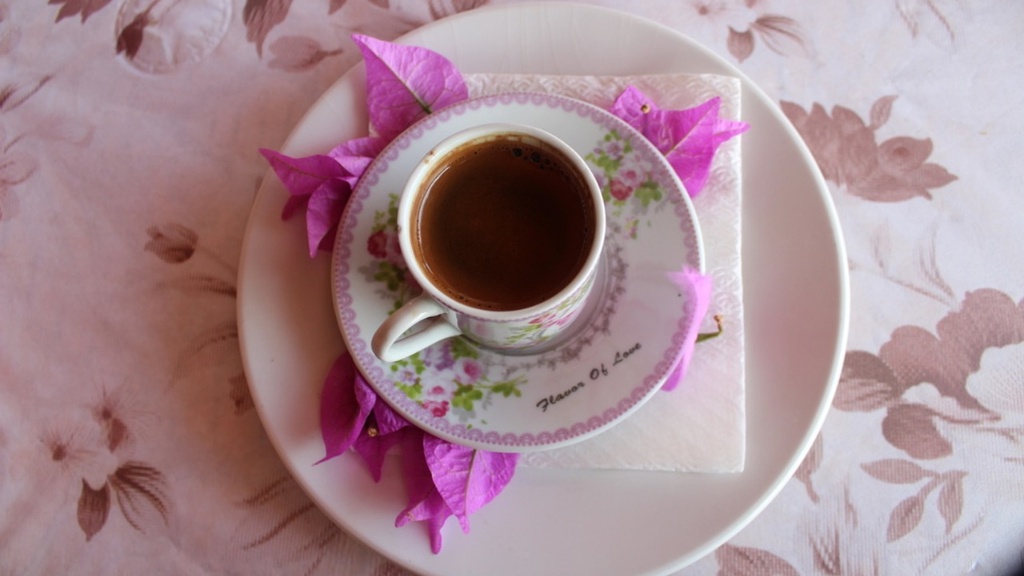The good craft of writing
In poetry writing, craft skills are as essential as creativity. To become a good writer, it is key to understand the fundamentals of English language and grammar, including understanding how to use rhyme, meter, rhythm and stanza structure. Additionally, an understanding of literary theory can help to enhance the construction and composition of each poem. It is also a great idea to periodically read classical poems, as this will help to develop a grand awareness of the literature, and inspire young poets to learn more.
The Origin of Ideas
With semi-structured techniques, the imagination of the author will spark ideas for poetical compositions. The simplest of activities, such as waking up early in the morning and catching the sunrise, can build awe and appreciation for Nature—a theme frequently used in English poetry. Other techniques, such as daydreaming, can help poets to stimulate creativity as they reflect or shift through memories or scenes from the past. In this way, poets can use nostalgia to construct allegorical themes in their writing.
Discovering Your Voice
Once the poetry has been composed, the next step is to find your own unique style and voice. Focusing on the imagery of each line, the poet can continually revise their work to enhance the expressions in their words. The poet can also strengthen their style by delving into their subconscious mind, delving through their feelings and emotions, and channeling them into the words of their poem.
Scrutinizing the Basics
To ensure the poem is rightly constructed, the poet must pay close attention to the elements that comprise the poem. First, the poem’s structure, or form, plays an important role in the outcome. Different forms, such as narrative and sonnets, provide the skeleton of the poem, while allowing the words and themes to flow freely and effectively.
Second, the poet should pay attention to the poem’s image—the sensory aspects. As the poet is writing, they should dabble with using literary techniques such as metaphors, similes and personification to create colour and depth in their poem, as well as bring life to their chosen subjects.
Finally, when constructing the poem, the poet should focus on the rhythm and sound of the poem. When written correctly, the meter and rhyme can make the poem seem both beautiful and effortless.
The Five Universal Elements of Poetry
The five core elements of a poem are structure, image, sound, diction, and theme.
The structure of a poem must strive to find the right balance between imagery and concepts, so that when the poem is read aloud, it will flow like a river.
Poems should contain a lot of imagery that directly appeals to the reader’s five senses. Poets should experiment with a variety of literary devices such as simile and metaphor, to create a stronger impact in the reader’s mind.
Sound is also an essential part of a poem, whether in terms of volume, rhythm, meter and intonation. The poet should concentrate on how the poem will sound aloud, because the poem does not only exist on the paper.
The diction of a poem is another fundamental element. A successful poem relies heavily on the choice of words; the poet has to decide which words to use, and which words bring the most power and emotion to the poem.
Finally, the theme of a poem is perhaps the most essential element. A good poem must contain a strong, powerful, and relatable theme. The theme can be abstract in some cases, but it must articulate a powerful statement or message.
Experimenting with the Craft
Every poet must, at some point, challenge their writing and push it to the next level, which means experimenting with more complex forms such as sonnets and haikus, or trying their hand at themes such as satire. To go outside of one’s comfort zone and write poetry that expresses a writer’s true feelings and ideas not only aids in developing the craft, but offers the writer more insight into their own self.
In writing poetry, the poet must also learn how to assess and critique their work realistically and objectively. By understanding what works and what does not work in their writing, the poet can then make corrections accordingly. Moreover, links with other writers can help young poets to gain constructive criticism from professional poets and ultimately improve their writing.
Stepping Away
When writing poetry, it is essential to take pauses in between verses. Taking a break allows the poet to organically view the poem from a different perspective and spot flaws that initially were not visible. This distance is also immensely beneficial for the poet’s emotional and mental health; it permits the poet to think of the poem objectively, and not invest too much of their fear and anxiety into it.
Writing in Other Languages
By writing in other languages, a poet can expand their creative juices and gain inspiration from different cultures and way of life. This can help poets to open their minds and realise new ways of writing and thinking. Although English will always remain the poet’s natural language, it does not hurt to dabble with other languages and discover new forms of writing.
Seeking Inspiration beyond the World of Poetry
When seeking inspiration, the poet should look beyond the literary. For example, a poet can attend live music gigs, walk through a busy market place, or take a stroll in a park.
The poet can also experiment with things that may be unconventional when seeking inspiration, such as exploring visual arts, engaging with foreign cultures, looking into the technological revolution and immersing ourselves into the weird and wonderful world of physics.
Going on a Word Hunt
When writing poetry, the words chosen to form verses and metaphors can really make or break a poem. To save time and energy, the poet can refer to thesauruses and search for words that better express what they are attempting to communicate. While there are many online resources to help poets find words that better suit their needs, there is nothing quite like a physical thesaurus. This can provide a great opportunity for the poet to seek out interesting words and explore the literary tastes of others.
Utilizing the Power of Music
Music can be a great source of inspiration for the poet. By immersing themselves in a piece of music, they can uncover all manner of emotions, feelings and ideas. Music has a strong power over us, it has the ability to connect us, and break us free. By delving into the artist’s story and message, poets can use this to create an even deeper form of verse.
The Art of Imagination
When it comes to the process of writing poetry, imagination plays a pivotal role. Experimenting with a range of topics and themes, the poet can create an array of vivid images, bringing the poem to life. By listening to a the train of thought, the poet can bridge gaps into abstract thinking and see the world differently.
The poet must also be prepared to take risks in their writing and look at topics from a variety of angles. Every now and then, the poet must also be willing to look inward and examine their own inner workings. Through this exploration and experimentation, the poet can make surprising connections and come up with a profound poem.
Finally, the poet must be prepared to fail, or even fail multiple times. While failure may seem disheartening, it can also be an opportunity for the poet to learn from their mistakes and get back up again.



